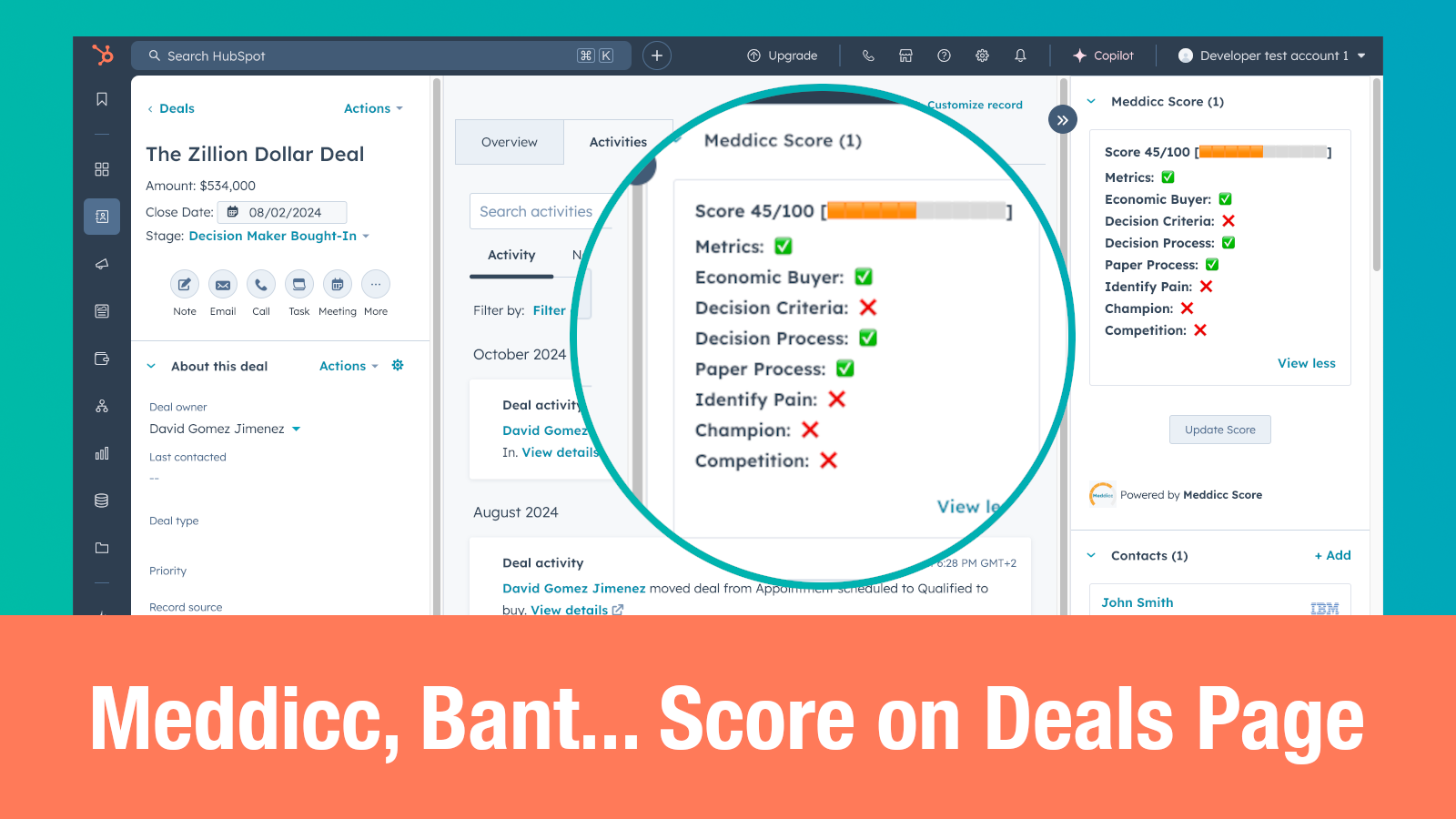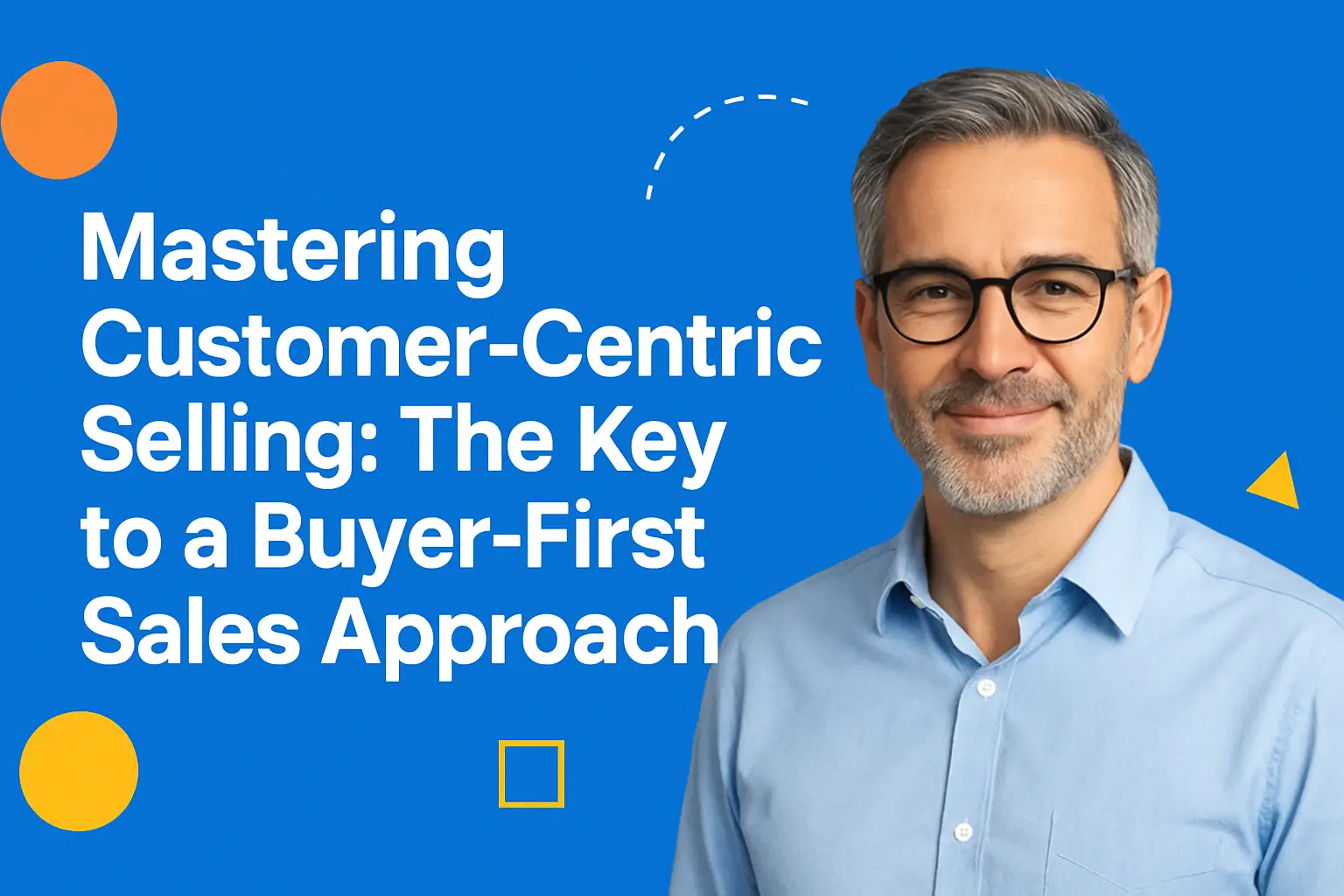The Psychology of Selling: How to Use Psychological Triggers to Boost Sales
Understanding the psychology of selling is essential for any business aiming to thrive in a competitive market. By leveraging psychological triggers, companies can effectively influence consumer decisions and significantly boost sales. In this article, we will explore key psychological triggers that can enhance your sales strategy and help you connect with your audience on a deeper level.
What is the Psychology of Selling?
The psychology of selling involves studying the mental processes that drive consumer behavior. By understanding what motivates buyers, sales professionals can tailor their approaches to meet emotional and cognitive needs. This knowledge is crucial when devising strategies that not only attract potential customers but also encourage them to take action.
Key Psychological Triggers to Boost Sales
1. Scarcity
People are more likely to act when they believe an item is in limited supply. Creating a sense of urgency can motivate consumers to make a purchase rather than postpone their decision. You can employ scarcity by:
- Using phrases like “Only 3 left in stock” or “Limited time offer!”
- Running flash sales or exclusive promotions that expire after a set period.
2. Social Proof
Humans are inherently social creatures. They often look to others for validation when making decisions. Incorporating social proof—such as customer testimonials, reviews, or influencer endorsements—can build trust and bolster the credibility of your product. Ways to implement this include:
- Showcasing user-generated content on your social media platforms.
- Displaying ratings and reviews prominently on your product pages.
3. Reciprocity
The principle of reciprocity suggests that people feel obliged to return favors. By providing potential customers with something of value, such as free trials or helpful content, you can initiate this cycle of giving. This builds goodwill and encourages them to reciprocate through purchases. Consider these tactics:
- Offering free e-books, webinars, or exclusive tips related to your products.
- Providing discounts for first-time customers or loyalty rewards for returning ones.
4. Authority
People tend to trust experts and authoritative figures. Establishing your brand or personnel as credible sources can significantly impact consumer decisions. You can highlight authority by:
- Collaborating with industry experts and showcasing their endorsement.
- Publishing authoritative content, such as whitepapers or in-depth guides, that reflects your expertise.
5. Commitment and Consistency
Once people commit to a choice, they are likely to stick with it due to a desire to appear consistent. You can cultivate this by encouraging small commitments before asking for larger ones. Strategies for leveraging commitment include:
- Using lead magnets that require minimal engagement, such as signing up for a newsletter.
- Conducting surveys or polls to engage the audience, making them feel involved.
Conclusion
Mastering the psychology of selling and understanding how to use psychological triggers can dramatically enhance your ability to boost sales. By implementing strategies such as creating scarcity, leveraging social proof, establishing authority, and encouraging commitment, you can create compelling narratives that resonate with your audience. As you refine your sales techniques, remember to continuously assess and adapt your strategies to stay in tune with consumer behavior and preferences.
By focusing on these psychological insights, you can foster stronger connections with potential buyers and increase your sales performance. Embrace the power of psychology in selling and watch your business flourish!




